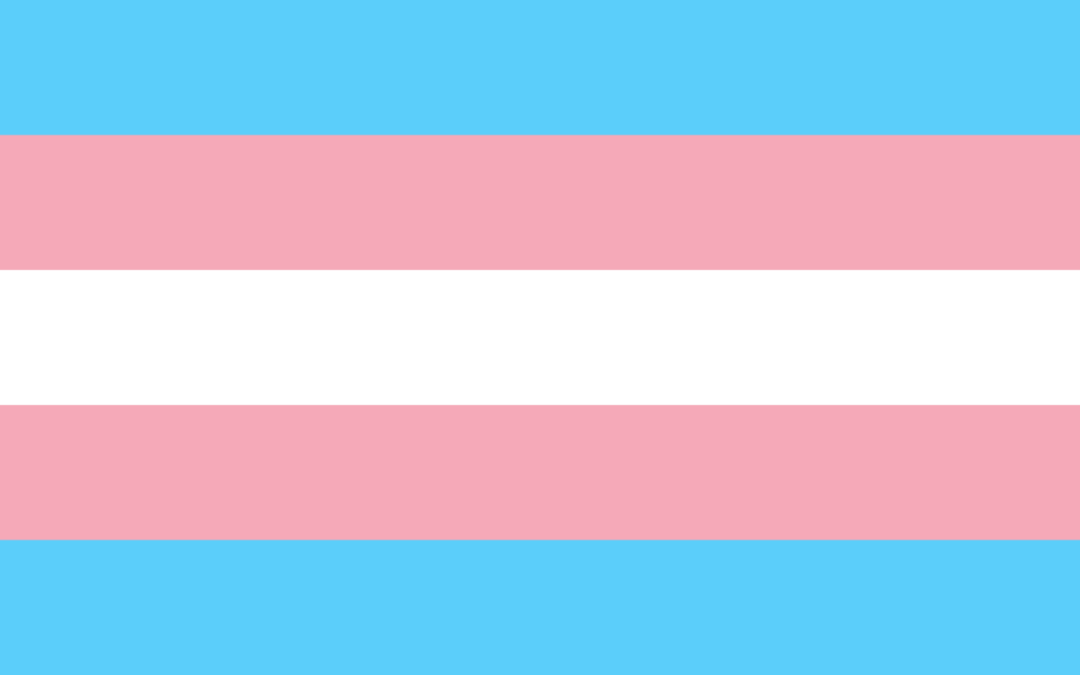The most important thing to know is that the preliminary injunction blocking enforcement of Alabama’s law is still in effect and will remain in effect at least for the next two to three months, and possibly longer.
As you likely are aware, on August 21, 2023, a three-judge panel of the Eleventh Circuit issued a decision disagreeing with a ruling by a federal district court judge in Alabama blocking enforcement of Alabama’s criminal ban on the prescription or administration of puberty blockers or hormone therapy for transgender adolescents.
Judge Burke issued his preliminary injunction last May, and any enforcement of Alabama’s law has been blocked since that time.
The most important thing to know is that the preliminary injunction blocking enforcement of Alabama’s law is still in effect and will remain in effect at least for the next two to three months, and possibly longer.
Based on the ordinary legal process, an appellate decision reversing a preliminary injunction by a federal district court judge does not take effect immediately. The federal rules of civil procedure require that the plaintiffs be given 21 days to ask the entire court to review the decision (this is known as seeking rehearing en banc). The legal team representing the plaintiffs in Alabama intends to do so.
Our petition for rehearing en banc must be filed by September 11. The preliminary injunction must remain in place until the Eleventh Circuit either denies that request or, if they accept the request and agree to review the panel decision, until they issue a decision.
While this process unfolds, the preliminary injunction remains in effect, which means the Alabama ban cannot be enforced. Medical providers in Alabama are continuing to provide care to transgender adolescents and will continue to provide care as long as the preliminary injunction is in effect.
That said, depending on how the Eleventh Circuit rules, there may come a point at which the preliminary injunction is no longer in effect, so parents of transgender adolescents in Alabama should be prepared for that possibility as one they may have to face down the road. If that were to happen, the law does not bar parents from taking their children out of state to seek care, from getting prescriptions filled in Alabama, or from administering medications to their children. The law in Alabama applies only to doctors and other healthcare providers.
Please stay tuned for more updates, and feel free to reach out with any questions to any of our legal team organizations:
GLBTQ Legal Advocates & Defenders
Legal Help Line: www.GLADAnswers.org
Contact: Amanda Johnston ajohnston@glad.org
National Center for Lesbian Rights
Legal Help Line: www.nclrights.org/get-help
Contact: Shannon Minter sminter@nclrights.org
Human Rights Campaign
Legal Help Line: www.thehrcfoundation.org/impact-litigation-and-advocacy
Contact: Aryn Fields aryn.fields@hrc.org
Southern Poverty Law Center
Contact: Kimberly Allen kimberly.allen@splcenter.org
For direct help navigating care in Alabama, including 1-on-1 conversations about your family’s situation and emergency funding, contact the Southern Transgender Youth Emergency Project, a project of the Campaign for Southern Equality, led in Alabama in partnership with the Magic City Acceptance Center and Prism United.










